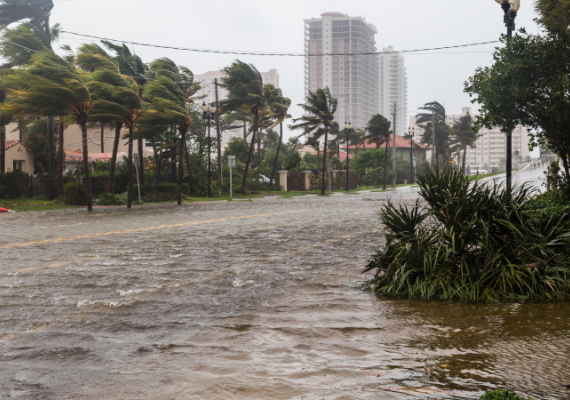
Guidelines for Closing a Pool
As the fall season approaches, it’s time to start thinking about closing your pool for the summer. Labor Day is around the time of year when people in colder climates start to consider closing their pools for the season. In warmer climates, it all depends on the weather. Typically, you should close your pool when the temperature of the water is consistently under 60 degrees. Closing a pool incorrectly can be very costly and time consuming in the spring when you go to reopen your pool.
If you or your maintenance team is responsible for closing the pool, here are ideas to help the process along and make sure that it is done safely and efficiently. You need to make sure that you have the proper chemicals, cleaning supplies and personal protective equipment (PPE), and the SDS sheets readily available.
Factors to consider:
- Test and balance your pH, total alkalinity and calcium hardness--this can help avoid maintenance problems to your pool
- Add a shock treat of chlorine to help keep it clean and help kill bacteria
- Vacuum and brush out the whole pool--this will make it easier when you open back up in the spring and will help prevent the growth of unwanted algae
- Remove and clean all pool equipment and accessories, including skimmers, baskets, vacuums, handrails and ladders
- Lower the water level below the return jets and the skimmers
- Use an air compressor or a shop vac to push air through the skimmers and return jets
- Drain all your pumps and heaters to avoid any cracking if the pipes freeze
- Add pool antifreeze in skimmer to help prevent freezing in your equipment
- A partial drain of the water level may be necessary depending on seasonal demand
- Install a pool cover that will help keep debris out of the pool and help protect your pool when or if the water freezes. The cover needs to be tightly sealed across the pool
- Put up signage informing people that the pool is closed for the season. Verify that you can secure the pool area and that you are able to lock any points of access to the pool area
Closing a pool can be very challenging and time consuming, but not closing it properly will be very costly to you in the long run. If you don’t feel comfortable closing the pool, you might want to hire someone to close it for you. Follow these guidelines and consult an expert if you have any questions to make sure it is done properly. To learn more about protecting your real estate assets, contact our team of insurance and risk management professionals.

Related articles

Navigating today's casualty marketplace can be daunting, but with a proactive and strategic approach, it is possible to thrive in this challenging environment. Here are some strategies to consider: ...

There are many challenges in the real estate property market today. How did we get here, and why is it different from previous hard markets? Not only has the frequency and size of weather events...
